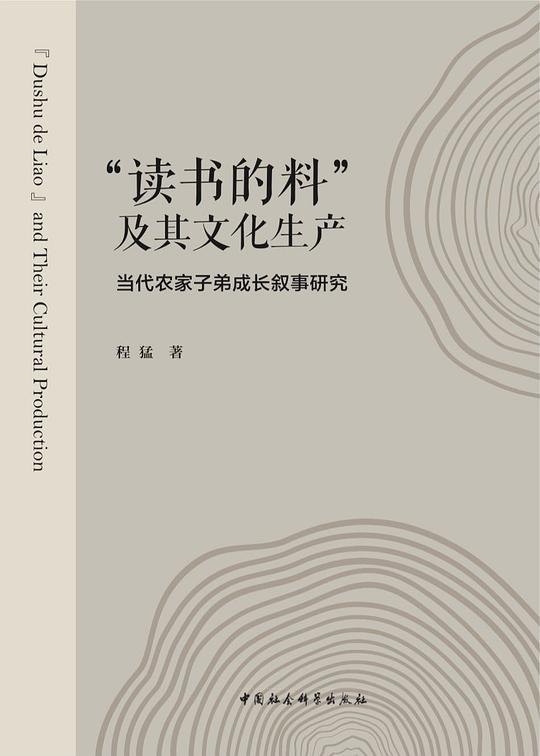
《“读书的料”及其文化生产》文化生产的重要性:论“读书的料”
书名:“读书的料”及其文化生产
1
0

自由飞翔 2023-05-15 12:53:50
After reading the paper, I couldnt help but feel that Professor Cheng Meng must be an extremely kind and gentle person. The personal confession of his innermost thoughts made me teary-eyed. When utilizing material from his reading experiences, he often became lost in memories of his own past experiences and emotions. I admire the ability of Professor Cheng to transform his personal experiences and emotions into public issues and research.
Although the paper has many strengths, such as clear problem awareness, precise theoretical gap identification, and focused argumentation, I feel that there are also some areas for improvement that could be further explored.
1. There are too many quotations, some of which are not very standardized, such as the use of Rousseaus words from an educational anthropology textbook and Baumans words from a journal article.
2. The analysis of the material is not sufficient. The material presented is excellent but if presented without analysis then its readability will suffer. There are many stories behind each paragraph of material and much to be explored. However, the author seems to be too eager to abstract and connect it to a theoretical framework to serve the views expressed in the paper.
3. During the analysis and interpretation of the presented material, the authors theories often lead and then use a certain theoretical framework to explain the phenomenon of Chinese rural children. The author often displays several theories which appear more like a literature review rather than an analysis. This is why I often find myself wandering between the strategically curated theories and the relatively scarce interpretation and analysis of the authors own viewpoint.
4. The author seems to class everyone in college except rural children as the "new group," making the unique experiences of rural children appear exaggerated. In addition, the "reading materials" group seems to have internal diversity. Why do I share both empathy with rural children while also feeling closer to the middle-class group in the book?
5. The authors assessment of whether rural children have achieved upward mobility or undergone cultural and class reproduction seems based on the criterion of "achieving high academic achievements". The autobiographical account of rural children seems to have little mention of their experiences after graduating from college.
6. The authors criticism of Bourdieu and Willis appears to be quite harsh. Much of the lack of interpretation of Bourdieu and Williss theories regarding the high academic achievement of rural children in China may stem from the fact that their theories are inapplicable to the unique socioeconomic and cultural environment of China. How many countries are there like China that still have relatively large mobility spaces? Will the so-called bottom cultural capital of explanation still be relevant in a few years? Perhaps I am a bit pessimistic about this issue.
Overall, I feel that Professor Cheng Mengs topic is very meaningful. He brings the stories of hardworking and valiant rural children who possess strong ideals, self-affirmation of values, and a determination to not accept societal inequality and injustice into the public eye. The paper presents a life that is imbued with a certain heroic spirit and a sense of significance that may ultimately end in disillusionment. Despite the outcome, the presentation of these stories still serves as an inspiration to us all.
相关推荐
萤火谷的梦想家
艾莉森•麦吉出生于1960年,是美国《纽约时报》畅销书作家,同时也是大都会州立大学创意写作课的教授。她的作品被翻译成20多种语言并出版,也曾被提名普利策奖,并获得苏斯博士奖金奖、克里斯托弗图书奖、美国 [美]艾莉森•麦吉/[美]克里斯托弗•丹尼斯/绘 2023-03-27 16:50:25鬼马女神捕1·绝密卧底(上)
腹黑凤凰vs毒舌鸡妖——蓝翎:“小姬,跟我去人界吧!”姬十四:“干吗?让人宰了我做小鸡炖蘑菇吗?”蓝翎:“不啊,让妖怪宰了你做小鸡炖蘑菇更气派。”凤凰蓝翎和鸡妖姬十四生活在无忧无虑的灵界。他们的故乡叫 郝天晓 2023-04-17 00:22:47© 2023-2025 百科书库. All Rights Reserved.



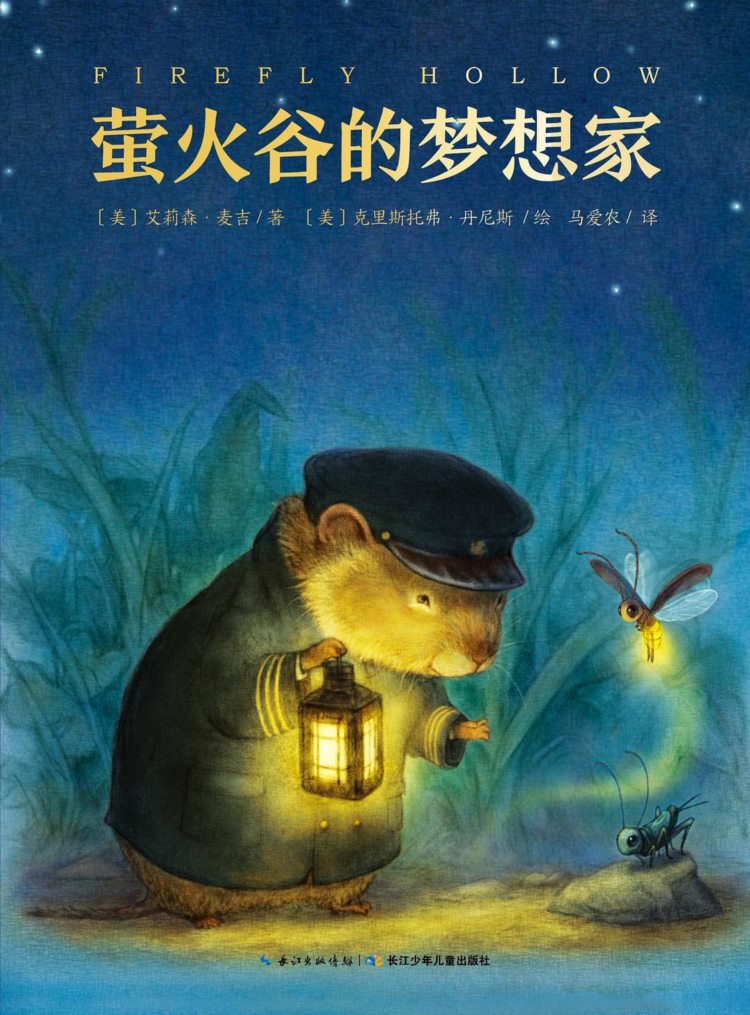
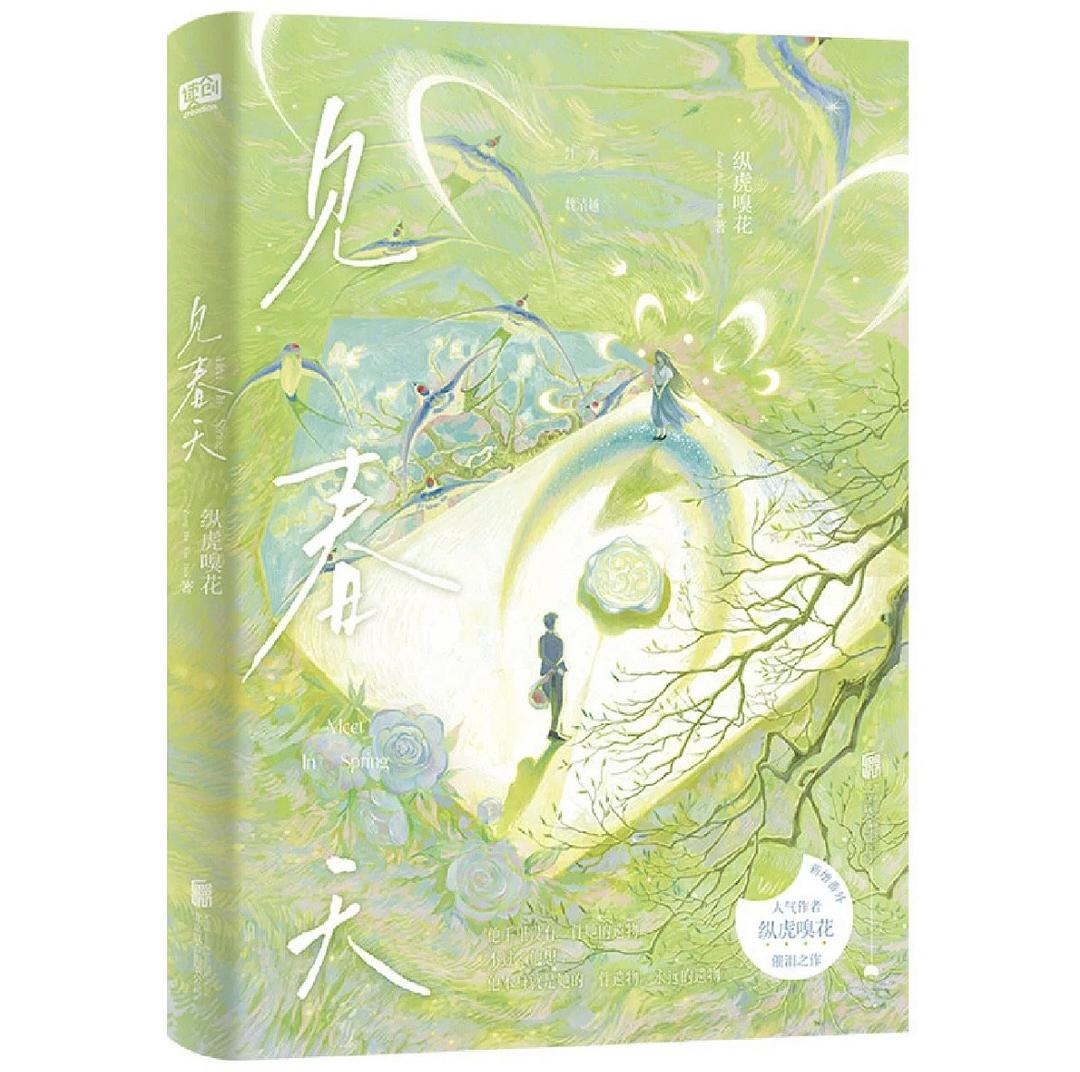
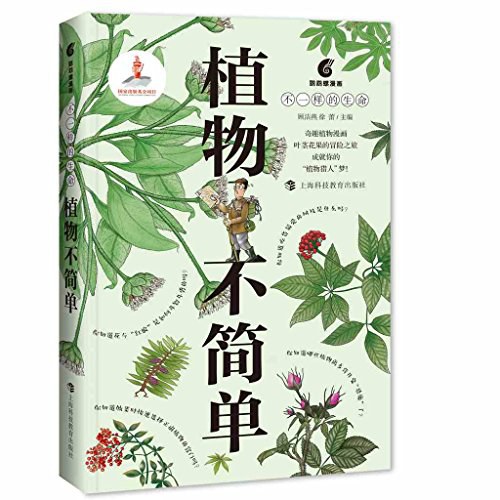


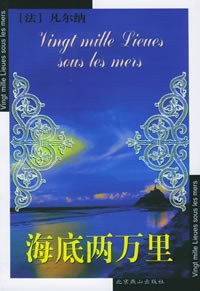

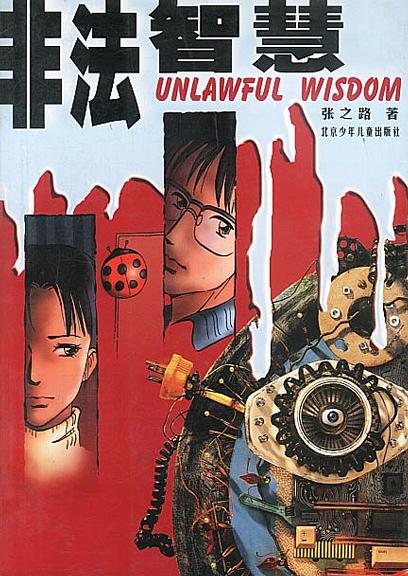
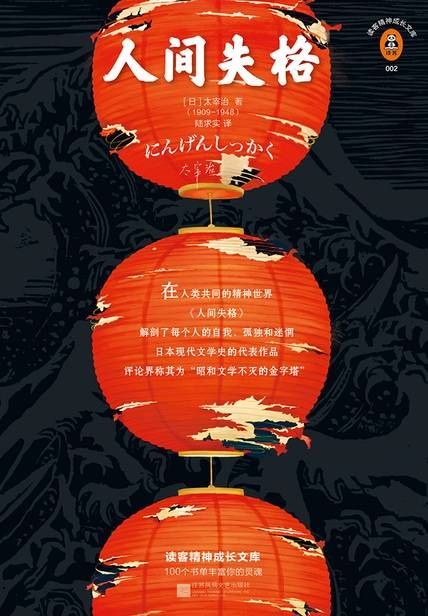
发表评价